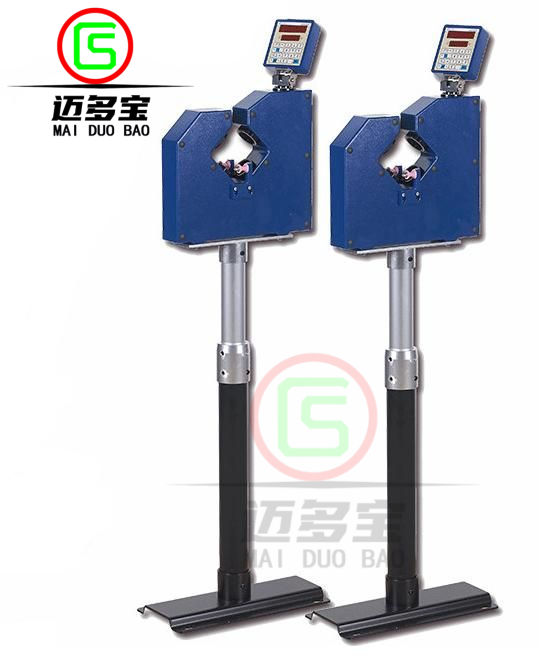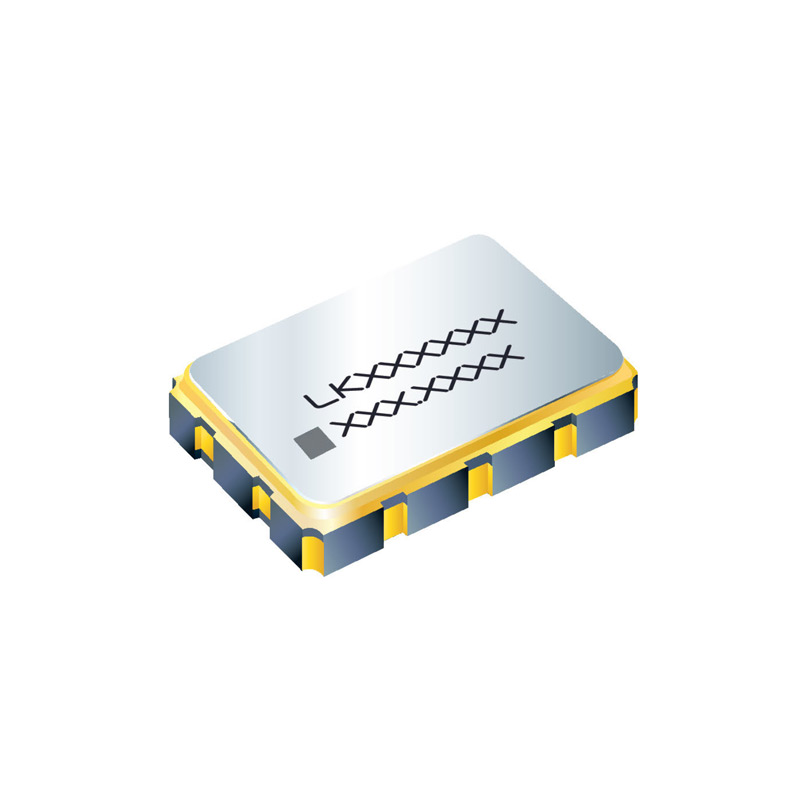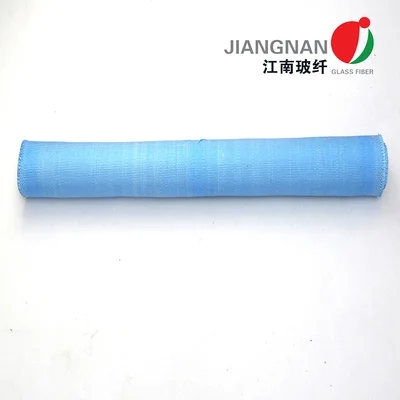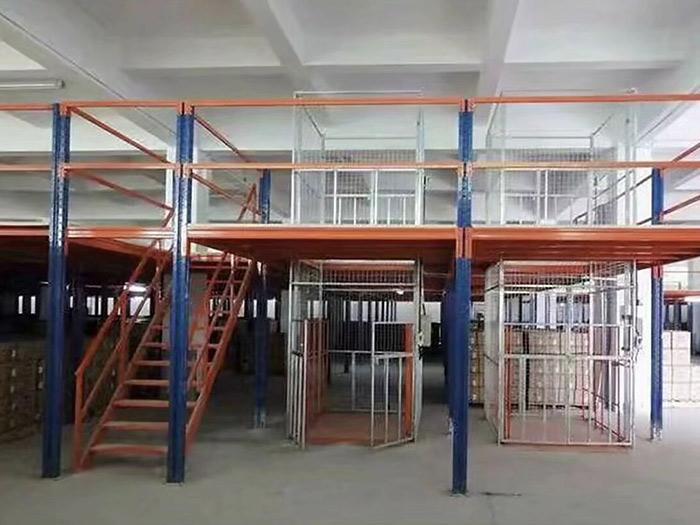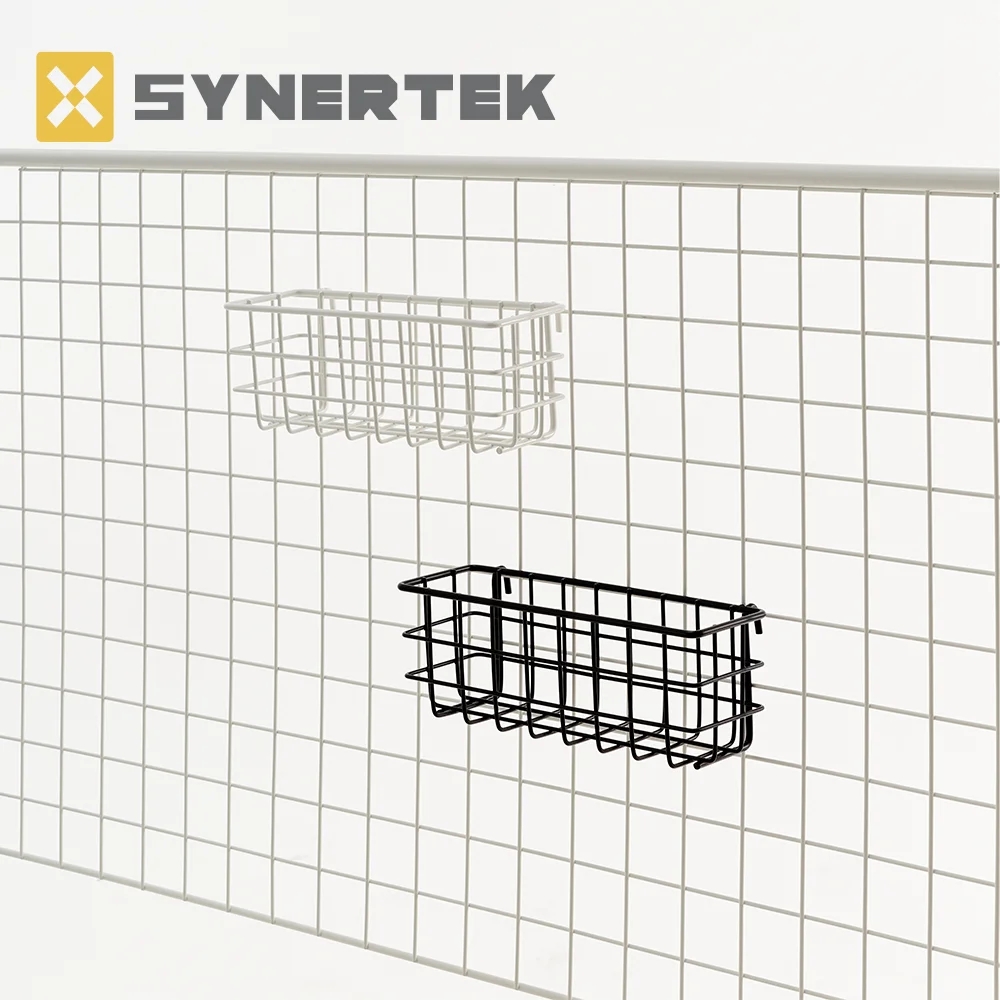Why a Vacuum Pump Is Essential for Modern Wastewater and Drainage Systems
Are you looking for a cleaner, safer, and more reliable way to manage wastewater in complex environments? A vacuum pump system can give you the strong performance and smart control needed for modern drainage tasks. It supports stable operation, reduces the chance of leakage, and helps create a cleaner environment. When you understand how a vacuum pump works and why it matters, you can plan better for both small and large projects. Before exploring detailed features, let’s look at why the demand for vacuum pump solutions keeps rising across different industries.
Understanding the Power of a Vacuum Pump
A vacuum pump creates negative pressure to move liquids, gases, or waste from one point to another. It removes air from the pipe system so wastewater can travel quickly and safely to a collection point. When used in drainage and sewage applications, the vacuum pump reduces the need for deep excavation or large sump pits. It also keeps the system airtight, helping block odors and reducing maintenance.
The growing use of vacuum pumps is not limited to industrial plants. Today, you will find them in subways, commercial buildings, lake drainage systems, and municipal engineering projects. Their stability and automatic control make them ideal for environments that require constant cleanliness and dependability.
Before we go deeper into the technical details, it is important to understand the core benefits a vacuum pump brings to any drainage or sewage project.
Why a Vacuum Pump Is Important for Wastewater Projects
A vacuum pump offers several advantages that make it a perfect choice for difficult engineering conditions. It is especially useful when groundwater levels are high or when traditional sump pits are hard to install.
A smooth transition to the next section helps you see how vacuum pump systems improve the efficiency and safety of wastewater management. The following parts will show how vacuum pumps work, how they support modern designs, and why more engineers now choose them.
Key Advantages of Using a Vacuum Pump System
Cleaner and Safer Wastewater Collection with a Vacuum Pump
A vacuum pump helps keep wastewater sealed inside the system. Because the pipes stay under negative pressure, the chance of leakage is very low. This helps reduce odors, prevents pollution, and maintains a healthier environment around stations, commercial areas, and residential zones.
Reduced Construction Difficulty and Faster Installation
One major advantage of vacuum pump drainage is that it does not rely on deep underground structures. Engineers do not need to dig large pits or fight against groundwater pressure. This reduces civil engineering costs, speeds up construction, and minimizes disruption to other utilities.
Fully Automatic Water Level Control
When combined with a smart control system, a vacuum pump can automatically adjust its operation. For example, when a lake or water tank reaches a set level, the system starts draining water. When the level drops, the vacuum breaks, and the system stops.
A short transition helps link this reliability to the practical needs of real-world projects. In the next section, you will see how these systems are applied in different environments and why users prefer vacuum pumps over traditional drainage methods.
Applications of Vacuum Pumps in Modern Infrastructure
Subway Wastewater Collection
Subway stations produce wastewater from restrooms, small shops, and cleaning activities. A vacuum pump system replaces the traditional sump pit and submersible pump method, which often suffers from odor and maintenance problems. With vacuum drainage:
-
Wastewater does not stand in open pits
-
The system stays sealed and odor-free
-
Pumps are easier to maintain
-
The pipe network is cleaner and more efficient
This improves the working environment and reduces long-term operating costs.
Commercial Buildings and Public Facilities
In shopping malls, airports, food courts, and underground parking garages, vacuum pump drainage saves space and keeps the air cleaner. It allows designers to place restrooms or drainage points in flexible locations without worrying about gravity pipe slopes.
Municipal and Environmental Projects
A vacuum pump also plays a major role in lake or river water diversion projects. When water levels rise, the system turns on automatically to drain water. When the level falls, the vacuum breaks and the system shuts down. This reduces the risk of flooding and keeps water levels stable.
A brief transition leads to a key point: choosing the right supplier is just as important as choosing the right technology. To help ensure reliable performance, you should work with a company that has strong experience in vacuum pump and vacuum drainage solutions.
Recommended Supplier: Mount Huangshan Tuoda Technology Co., Ltd.
If you need high-quality vacuum pump systems and complete vacuum drainage solutions, Mount Huangshan Tuoda Technology Co., Ltd. is a dependable partner. The company focuses on advanced vacuum water diversion and wastewater collection technologies, delivering safe, efficient, and fully automated systems for municipal projects, commercial buildings, and transportation facilities.
Mount Huangshan Tuoda Technology Co., Ltd. provides:
-
Smart vacuum pump units with stable negative pressure
-
Vacuum collection equipment for wastewater and sewage
-
Automatic control systems for water level and pump operation
-
Engineering support and technical services
-
Reliable products suitable for subways, public buildings, and environmental projects
With strong engineering experience and modern manufacturing capabilities, the company helps customers build drainage systems that are cleaner, easier to maintain, and more cost-effective.
How a Vacuum Pump Improves Long-Term Operation
Lower Maintenance Requirements
Because a vacuum pump system stays sealed, it keeps dirt and debris from entering the pipes. The equipment runs smoothly, reducing the need for frequent repairs. This is especially valuable for public infrastructure where downtime can be costly.
Energy Efficiency and Cost Savings
A well-designed vacuum pump uses energy only when needed. The automatic system starts and stops based on water levels or collection requirements. Over time, this saves electricity and reduces the total cost of operation.
Better Odor Control and Cleaner Surroundings
Traditional drainage systems can release strong odors from open pits. Vacuum pumps prevent this problem by keeping the system airtight. This results in a cleaner and more pleasant environment for workers and the public.
As we move toward the end of the article, it becomes clear that vacuum pumps are not just technical devices—they are an essential part of building modern, healthy, and efficient wastewater systems.
Conclusion: A Vacuum Pump Makes Wastewater Management Smarter and Cleaner
A vacuum pump gives you better control, cleaner operation, and greater peace of mind. It reduces civil construction challenges, cuts long-term costs, and keeps wastewater systems safe and sealed. For cities, transportation centers, and commercial buildings, choosing a vacuum pump system means choosing a smarter future for drainage.
If you are planning a new project or improving an existing system, consider working with Mount Huangshan Tuoda Technology Co., Ltd. to get high-performance vacuum pump solutions and professional support. Their reliable technology can help you build a cleaner and more efficient wastewater management system.
https://www.hstuodakj.com/zjzjp-series-roots-vacuum-pumps.html
Tuoda

